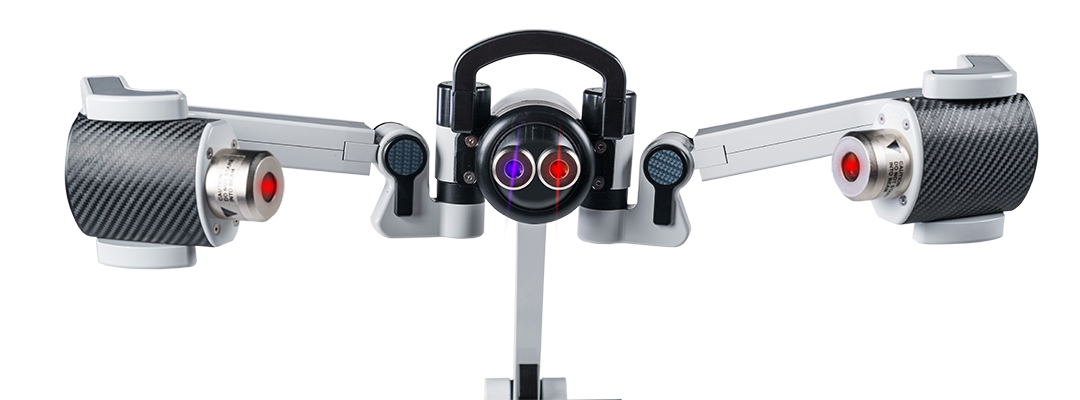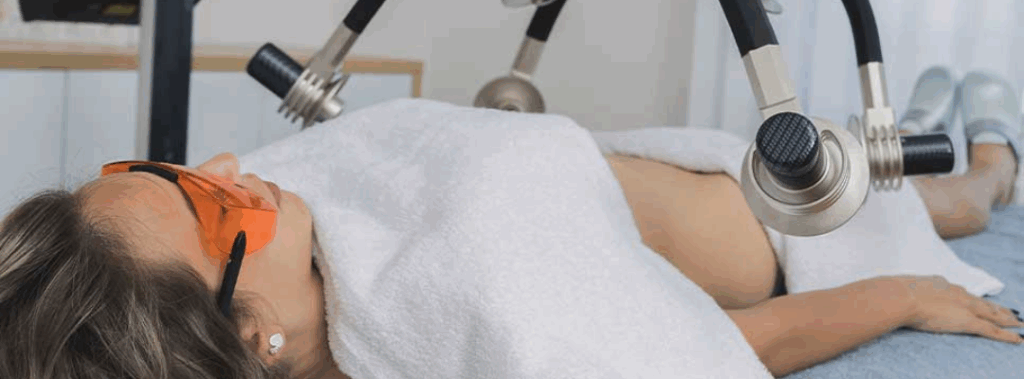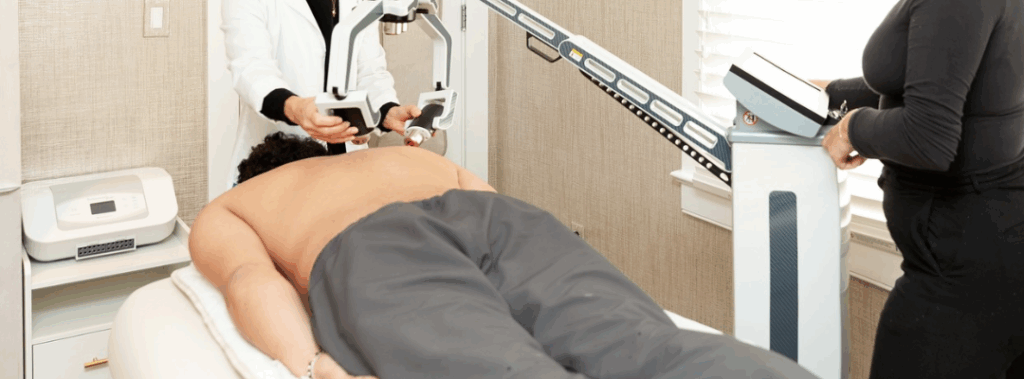
5-Minute Read
Laser technology has come a long way in the field of medicine. Lasers are currently used in a wide range of medical applications, including laser surgery and laser therapy. Laser surgery, also known as laser scalpel, uses a highly focused beam of light to make incisions or vaporize tissue. This technique is commonly used in procedures such as LASIK eye surgery, removal of skin lesions, and laser-assisted angioplasty.
On the other hand, low-level laser therapy (LLLT), also known as cold laser therapy or 3LT®, is a non-invasive treatment that employs low-power laser beams to stimulate healing and reduce pain. It has transformed the way we diagnose and treat patients and has been effective in managing a range of conditions, such as chronic pain, nociceptive pain reduction, and weight loss.
In this article, we will delve into the future possibilities and advancements in the low-level laser industry. Our focus will be on the specific areas where this technology is expected to make a significant impact, providing a comprehensive and informative outlook for both medical professionals and those who are interested in the potential of this technology. We will explore the potential for growth and developments in the field, and examine the latest research and discoveries. Ultimately, our aim is to shed light on the exciting possibilities that low-level laser therapy holds for the future of healthcare.
A Quick Recap of LLLT
LLLT works by using photonic stimuli to excite the body’s cells infusing them with energy. Three primary reactions include reduction of inflammation, improved cell function, and increased blood flow.
The procedure is typically performed on an outpatient basis and does not require any anesthesia. It is a relatively painless procedure, with most patients reporting only a mild sensation of warmth during treatment. It is safe and has no known serious side effects.
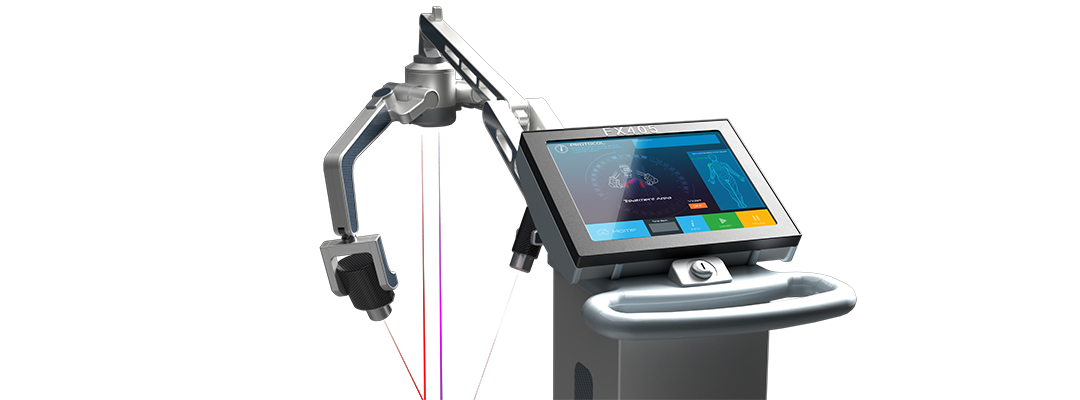
With the increasing use in medicine, the potential for growth and advancements in the laser therapy industry is significant. Researchers continue to study the potential benefits and new applications are being discovered regularly. Let’s take a closer look at predicting the future of low-level lasers in medicine.
Predicting the Future of Low-Level Lasers in Medicine
With the development of new technologies and increasing demand for minimally invasive procedures, the use of lasers in medicine is expected to become more prevalent. Here are seven trends that could play out over the next 20 years in the field of low-level lasers.
- Increasing use for pain management: Given the ongoing opioid epidemic in America and the desire to avoid overuse of pain medication, LLLT is likely to become more widely used for pain management, particularly for musculoskeletal pain.
- Expansion for neurodegenerative disorders: As research continues, LLLT may be increasingly applied to the treatment of neurodegenerative disorders such as Alzheimer’s and dementia.

- More widespread for aesthetic purposes: While LLLT has been used for non-invasive fat loss for some time, research may continue to show its effectiveness in this area and expand its use to other aesthetic treatments.
- Use for metabolic disorders: Research may show that LLLT can have positive effects on metabolic markers such as cholesterol and A1C, and could potentially help with conditions like diabetic peripheral neuropathy.
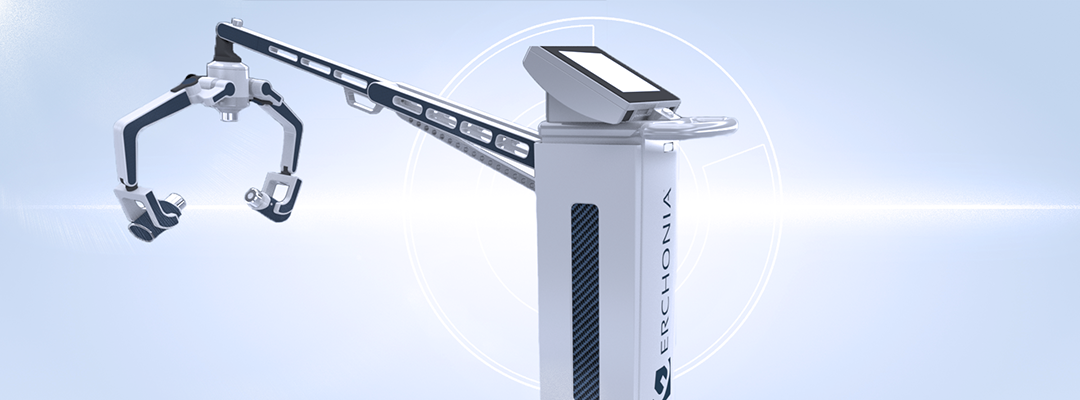
- Increased use in sports medicine: As more athletes and sports teams look for non-invasive ways to treat injuries and improve performance, low-level laser therapy may become more widely used in sports medicine. LLLT has already been shown to be effective in treating conditions like tendonitis and muscle strains, and as more research is done, it could be used for other sports-related injuries as well.
- Increased recognition and adoption of LLLT as a mainstream treatment: As research continues to support the effectiveness and safety of LLLT, it may become more widely accepted and adopted as a mainstream treatment option, particularly for conditions where it has been shown to be effective.
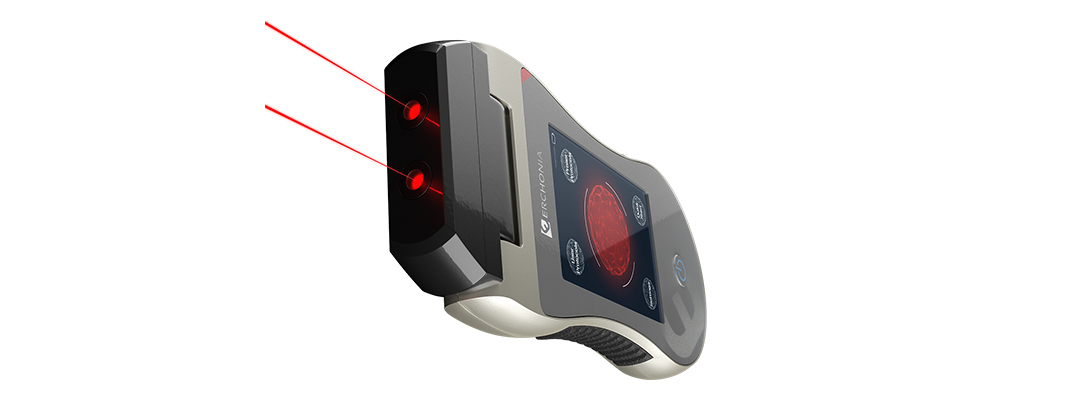
- Expansion into new areas of medicine: While LLLT is currently used primarily for pain relief and tissue repair, there is potential for it to be used in other areas of medicine. For example, some research suggests it may have a role in treating skin conditions like acne and psoriasis, or even in treating certain types of cancer. As more research is done in these areas, we may see LLLT being used for a wider range of medical conditions.
Advancements in technology and delivery methods could pave the way for even more effective and accessible LLLT treatments in the future. By developing new types of lasers that are even more precise and targeted, or new methods of delivering the light that make it easier to use LLLT for different types of injuries and conditions, LLLT could become an even more versatile treatment option.
Joseph Zapolsky, the International Sales Director for Erchonia, said on The Laser Light Show Podcast, “we’re actually starting to see that awakening in this country, where we are starting to see a lot of doctors working towards functional medicine. Working towards preventative medicines.”
As LLLT becomes more widely used, we may also see new types of devices and equipment being developed to make it easier and more convenient for patients to receive treatment. These advancements could lead to LLLT becoming an even more accessible treatment option for a wide range of conditions.
Laser Therapy’s Impact on Patient Outcomes
In conclusion, the field of laser technology in medicine is expected to experience significant growth and advancements in the next 20 years. The increasing demand for minimally invasive procedures and new technologies are driving this growth, and lasers are expected to become more prevalent in the treatment of neuro disorders and non-invasive fat loss. Laser therapy has already revolutionized the way we diagnose and treat patients, and its potential to improve patient outcomes and revolutionize healthcare is immense.
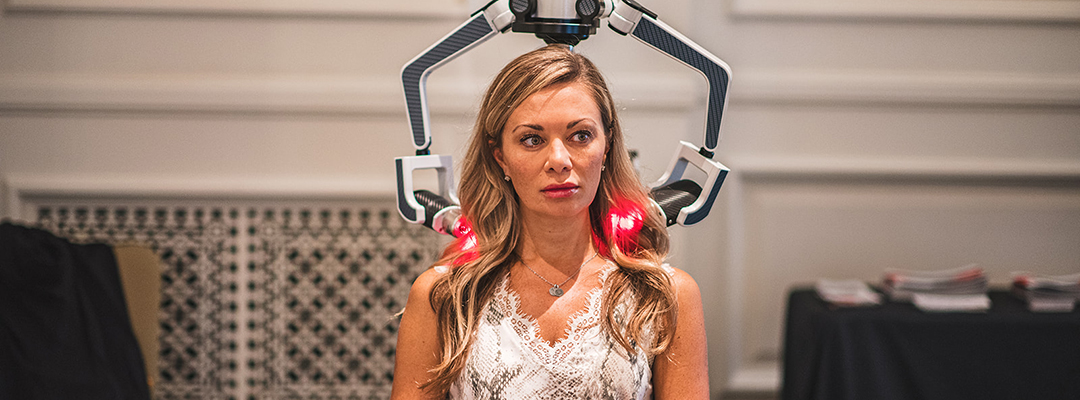
It is crucial for medical professionals to stay informed and up-to-date on the latest developments in laser technology to provide the best care possible to their patients. Attending conferences and workshops can be beneficial in learning about the latest advancements and trends in laser technology. Investing in cutting-edge laser technology, as well as research studies, is essential to bring about more efficient and cost-effective solutions for patients and healthcare providers.
The future of laser technology in medicine holds immense potential, and it is something to watch out for in the coming years.
Contact Erchonia today to learn more about how our 3LT® treatment can transform your practice.
*Disclaimer: Erchonia lasers are FDA-cleared for specific medical indications and the following is not intended to claim that Erchonia lasers can cure, heal, rejuvenate, or regenerate any medical condition or disease that is not covered by our FDA clearances at the time this article is published.
